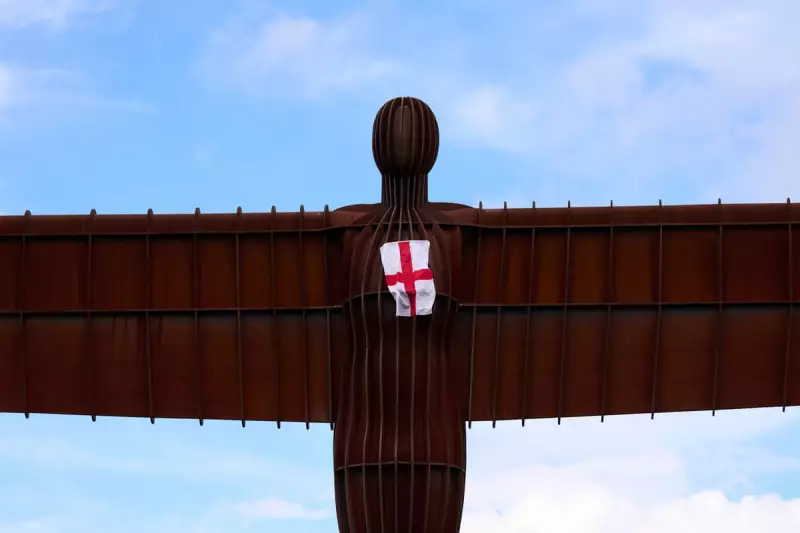
A familiar sight is reappearing across England's streets, gardens, and car windows: the stark red cross of St George on a white background. But this resurgence of national symbolism is igniting a deeply complex and emotionally charged debate about what the flag truly represents in modern Britain.
A Tale of Two Perspectives
For many, hoisting the flag is a straightforward act of pride and belonging. "It's about loving your country, simple as that," explains one resident, echoing a sentiment felt in communities nationwide. They see it as a celebration of local identity, major sporting events, and a sense of place, utterly divorced from any political or negative connotations.
Yet, for others, the same symbol evokes a very different feeling. Individuals from minority ethnic backgrounds, in particular, report experiencing the flag's display not as welcome but as a potent marker of exclusion and sometimes even a veiled threat. This divergence in perception creates a stark divide, where the same act is interpreted through entirely different lenses.
The Shadow of the Far-Right
Complicating the issue is the flag's historical co-opting by far-right groups. This association has, for decades, tainted the symbol for a significant portion of the population. The article reveals that for some communities, the sight of the flag remains inextricably linked to hostility and intimidation, making it difficult to reclaim as a neutral emblem of national pride.
Beyond the Binary: A Multifaceted Reality
The situation on the ground is rarely black and white. The context of the display is critical. Is it flown alongside other flags in a spirit of multicultural celebration? Or is it wielded in isolation, in areas with known tensions? The article finds that the flag's meaning is fluid and highly dependent on its environment, challenging any single narrative.
What Does It Mean to Be English Now?
At its heart, the flag debate is a proxy for a much larger, ongoing national conversation. It forces a question: Can a symbol be rehabilitated to represent a more inclusive, modern English identity? Or does its baggage render it irredeemable for many?
This isn't just about cloth and colour; it's about who gets to define patriotism and belonging in an increasingly diverse nation. The answer, it seems, depends entirely on who you ask and what they have heard—or felt—when that flag goes up.





